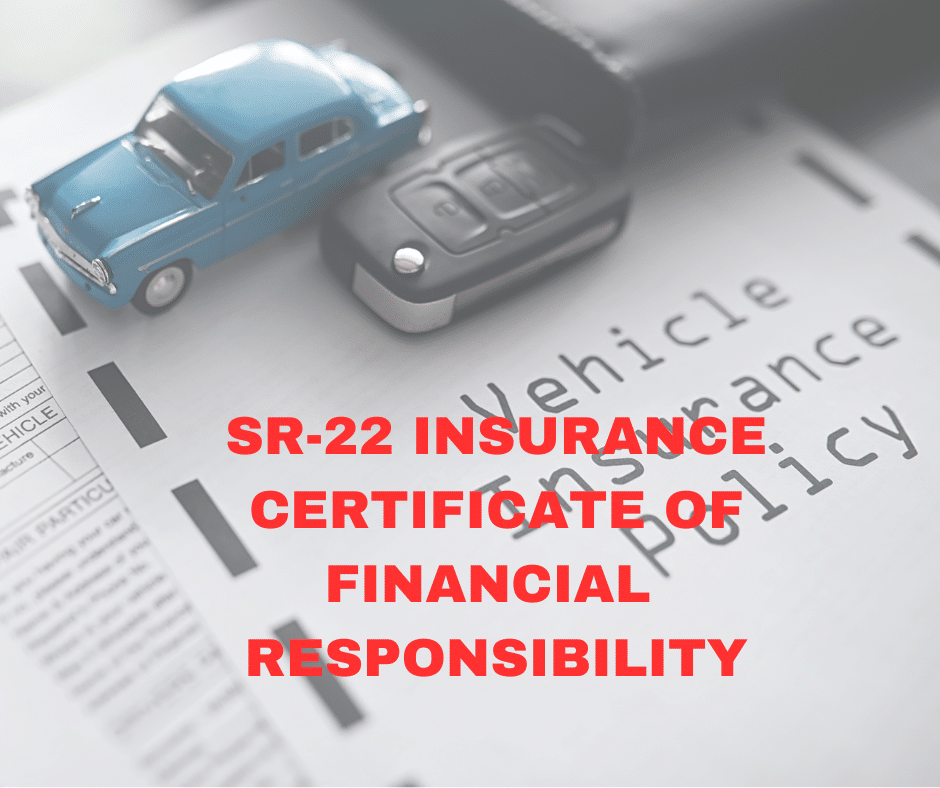Harassment Charges
Harassment charges can occur when tempers run high and one individual causes another individual to feel threatened. The threat is typically to cause injury to the person or any other person or to cause physical damage to the property of another. The threatened individual typically initiates the investigation – usually with a 911 call – but the criminal charge of Harassment is brought against a defendant by the State of Washington (or a City, if the act occurred within city limits). On occasion law enforcement responds and makes as arrest, but on many occasions a person doesn’t know they have been charged with Harassment until they receive a summons in the mail.
For a free consultation call (360) 792-1000.

Harassment can be charged as a Gross Misdemeanor or as a Felony. What the charge will be depends on the facts or allegations against the accused. The elements of the different levels of Harassment are as follows:
RCW 9A.46.020 (Gross Misdemeanor)
- A person is guilty of harassment if:
- Without lawful authority, the person knowingly threatens:
- To cause bodily injury immediately or in the future to the person threatened or to any other person; or
- To cause physical damage to the property of a person other than the actor; or
- To subject the person threatened or any other person to physical confinement or restraint; or
- Maliciously to do any other act which is intended to substantially harm the person threatened or another with respect to his or her physical or mental health or safety; and
- The person by words or conduct places the person threatened in reasonable fear that the threat will be carried out. “Words or conduct” includes, in addition to any other form of communication or conduct, the sending of an electronic communication.
- Without lawful authority, the person knowingly threatens:
RCW 9A.46.020 (2)(b) (Felony)
A person is guilty of Harassment at the Felony level if the above elements are met, and in addition:
- The person has previously been convicted in this or any other state of any crime of harassment, as defined in RCW 9A.46.060, of the same victim or members of the victim’s family or household or any person specifically named in a no-contact or no-harassment order;
- the person harasses another person under subsection (1)(a)(i) of this section by threatening to kill the person threatened or any other person;
- the person harasses a criminal justice participant who is performing his or her official duties at the time the threat is made; or
- the person harasses a criminal justice participant because of an action taken or decision made by the criminal justice participant during the performance of his or her official duties. For the purposes of (b)(iii) and (iv) of this subsection, the fear from the threat must be a fear that a reasonable criminal justice participant would have under all the circumstances. Threatening words do not constitute harassment if it is apparent to the criminal justice participant that the person does not have the present and future ability to carry out the threat.
There are multiple ways to resolve a Harassment Charge
Harassment charges are handled in District, Municipal Court and Superior Courts. Gross Misdemeanor Harassment charges are handled in the District and Municipal Courts. These “lower” Courts offer more options regarding how to resolve a Harassment case other than going to trial or pleading guilty. Felony level Harassment charges are handled in Superior Court. While the options are different than the options in a District or Municipal Court, there are still a number of ways to resolve a Harassment case that will hopefully avoid the finding of Guilty.
At the Misdemeanor level:
Most jurisdictions have some form of a Pre-Trial Diversion Agreement (or PDA), which is in essence a contract between the Defendant and the Prosecuting Authority. With this type of Diversion Agreement, the Court does not sentence a defendant, the Court merely approves the contract between the parties (the Defendant and the Prosecutor). If the defendant abides by the terms of the contract, the Harassment case is typically dismissed at the end of the agreed upon term. Procedurally, the case goes onto a long continuance and then ends in a dismissal – there is never a conviction if all the terms are met.
Click here for more information on a PDA
A second option at the Misdemeanor level is entering into a Compromise of Misdemeanor. This happens when the defense attorney for the defendant obtains a signature from the alleged victim on a document that asserts that the victim is waiving future civil litigation against the defendant and wishes that the defendant not be prosecuted. This is typically the quickest and least expensive way to have a Harassment case dismissed.
Click here for more information on a Compromise of Misdemeanor
If a defendant wishes to not resolve the Harassment through a Diversion (PDA) or a Compromise, they always have the right to go to trial. At trial, a defendant can require the Prosecutor to prove every element of the Harassment charge beyond a reasonable doubt.
If neither of these options seems like a fit, then a defendant always has the ability to set the matter for trial and force the Prosecuting Attorney to prove all the elements of Harassment beyond a reasonable doubt.
At the Felony Level
While options are slightly more restrictive than at the Misdemeanor level, Felonies can also typically be resolved through some type of alternative disposition. Often the best resolution at this level is through Felony Diversion. In a nutshell, Felony Diversion is where the defendant enters into a contract with the Prosecuting attorney where they agree to pay restitution, do some community service and remain crime free.
Click here for more information on Felony Diversion
If a drug addiction was a contributing factor to the criminal behavior, Drug Court may be an option that results in a dismissal of the charges.
Click here for more information on Drug Court
If mental health issues were a contributing factor that led to the crime being committed, then Behavioral Health Court may be an option. Successful completion of BHC will also lead to the charge being dismissed.
Click here for more information of Behavioral Health Court
Lastly, a good defense attorney may be able to convince the Prosecuting Attorney to reduce the Felony Level Harassment to a Misdemeanor Level Harassment, typically in exchange for a plea.If none of these options seems like a fit, then a defendant always has the ability to set the matter for trial and force the Prosecuting Attorney to prove all the elements of the crime beyond a reasonable doubt.
Witt Law Group serves individuals that have been charged with the crime of Harassment in Kitsap County and in the City of Gig Harbor. We also handle cases in nearly all the cities within Kitsap County. That includes Kingston, Poulsbo, Bainbridge Island, Silverdale, Tracyton, Port Orchard, Olalla, Bremerton and Manchester. We have offices in Gig Harbor, Bremerton and Poulsbo for your convenience. We offer free consultations and can be reached at (360) 792-1000 (Bremerton) or (253) 312-3838 (Gig Harbor) or (360) 773-8598 (Poulsbo)or you can text one of our attorneys at (360) 710-0027.
Criminal Defense Posts
Thurston County Jail – How To Check In

If you are facing a misdemeanor or felony criminal charge and have been sentenced in Thurston County District Court or Superior Court, you will report to the Thurston County Jail. Thurston County DUI and Physical Control Information https://wittlegal.com/blog/dui-criminal-charges-in-thurston-county-things-to-know What To Bring You must bring a PAPER copy of your Judgment and Sentence (J&S). You receive…
SR22 INSURANCE AFTER A DUI OR PHYSICAL CONTROL CHARGE

When you are facing a DUI/DWI or Physical Control charge, one of the more minor issues that arises is the specialized insurance certificate you must acquire. Once you are eligible to be reinstated or are seeking the Ignition Interlock License, you may need to provide proof of SR22 insurance to the Department of Licensing. This…

Get help now
Whether you choose to handle your case alone or you hire the Witt Law Group, get educated and prepared. There are so many factors that occur in the early part of your case that can dictate whether you will end up with a fair recovery. Remember that a consultation is free and worth your time. You will likely discover that the earlier you get an attorney involved in the process, the easier the transition back to normal life. Your attorney will take over all contact with the insurance adjuster and keep track of your treatment providers and bills. Your job is to heal. Our job is to present your injuries and damages to the insurance companies and argue for a fair settlement that accurately reflects the pain and damages you’ve suffered.

